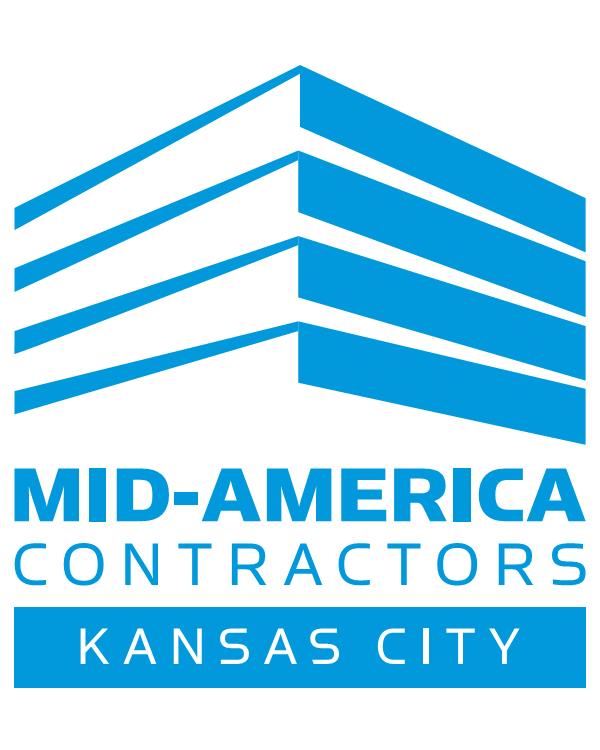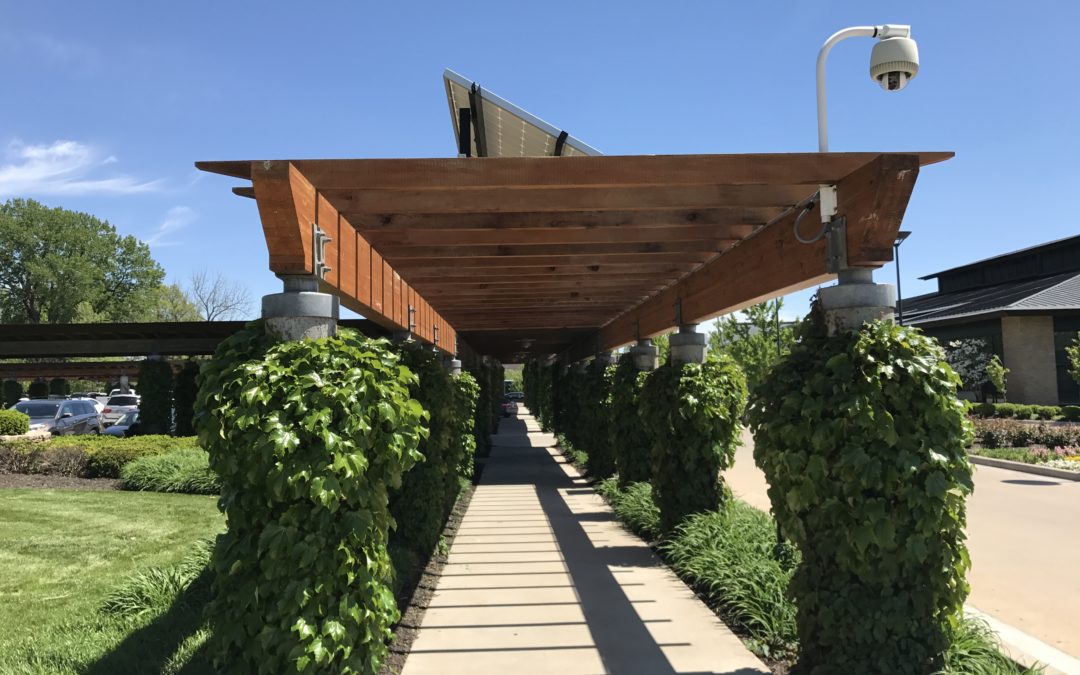Summer maintenance for commercial buildings is essential to ensure the smooth operation and efficiency of the facility during the hotter months. Here are some important tasks to consider for commercial building summer maintenance:
HVAC System Maintenance: Inspect, clean, and service the HVAC (heating, ventilation, and air conditioning) system. This includes changing air filters, checking refrigerant levels, cleaning coils, and ensuring the proper functioning of thermostats and controls. Properly maintained HVAC systems help maintain indoor air quality and keep occupants comfortable.
Roof Inspection: Conduct a thorough inspection of the roof to identify any signs of damage, leaks, or deterioration. Repair any issues promptly to prevent water infiltration and potential structural damage. Check for loose shingles, damaged flashing, and clogged gutters or downspouts.
Exterior Building Maintenance: Inspect the exterior of the building for any damage, cracks, or peeling paint. Repair or repaint as necessary to protect the building from weathering and maintain its appearance. Check windows and doors for proper sealing and weatherstripping to prevent energy waste.
Landscape and Irrigation System Maintenance: Maintain the landscape by trimming trees and shrubs, removing weeds, and ensuring proper irrigation. Inspect the irrigation system for leaks, adjust sprinkler heads, and ensure efficient water usage. Consider using drought-resistant plants or installing water-saving features like drip irrigation.
Pest Control: Implement measures to prevent pests from entering the building. Seal cracks and gaps in the foundation, walls, and windows to prevent entry points. Schedule regular pest control inspections and treatments as needed.
Fire Safety: Check and test fire alarms, smoke detectors, and sprinkler systems. Ensure that emergency exits are unobstructed and clearly marked. Conduct fire drills and train employees on evacuation procedures.
Energy Efficiency: Improve energy efficiency by installing energy-saving light bulbs, utilizing natural lighting, and upgrading to more efficient appliances and equipment. Consider implementing a building automation system to optimize energy usage and monitor performance.
Plumbing System Maintenance: Inspect plumbing fixtures, pipes, and drains for leaks or blockages. Check water heaters and ensure they are functioning properly. Perform any necessary repairs or maintenance to avoid water damage and plumbing emergencies.
Electrical System Check: Test and inspect electrical systems, outlets, and wiring. Check for loose connections, faulty switches, or outdated equipment. Consider hiring a licensed electrician for a comprehensive inspection.
Safety Equipment Inspection: Inspect and test safety equipment, including fire extinguishers, emergency lighting, and security systems. Replace or recharge equipment as needed to ensure it is ready for use in case of an emergency.
It is advisable to create a comprehensive maintenance schedule that includes regular inspections and preventive maintenance tasks throughout the summer season. Additionally, consider hiring professional maintenance personnel or outsourcing to a facility management company to ensure all tasks are handled efficiently and effectively.

